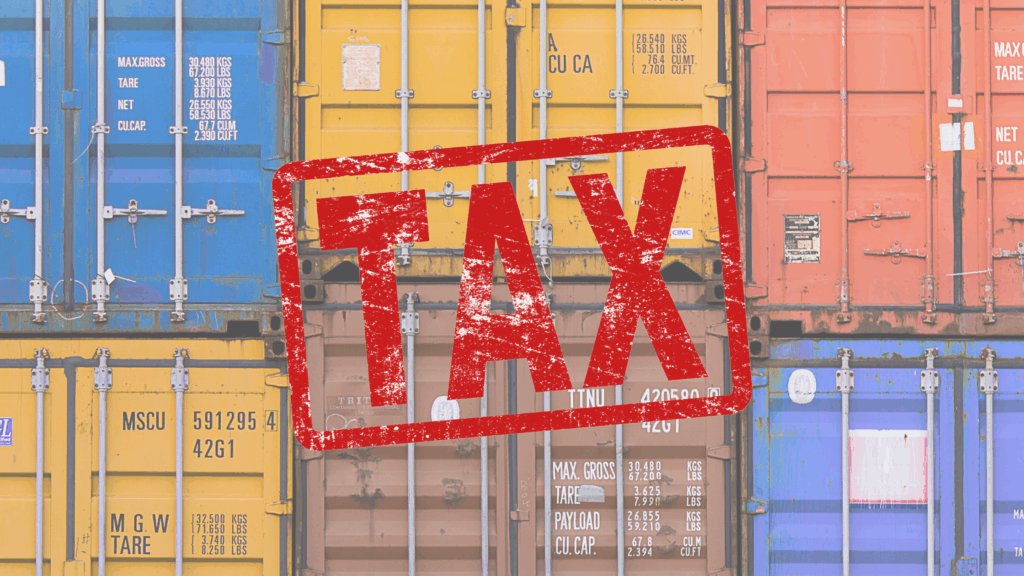How to Mitigate Chemical Contamination Within Your Operations

Chemical contamination is a top operational and regulatory risk. Whether it’s an unintended release from storage or cross‑contamination in supply‑chain materials, chemical leaks pose serious risks. For executives responsible for safety and compliance, controlling chemical contamination is vital to protect workers and the environment while reducing the risk of expensive fines. Achieving strong chemical compliance […]
Why Nuclear Waste is High Stakes Without Compliance Management

Nuclear energy is one of the most efficient power sources in the world. Yet, it comes with the complex responsibility of safely managing nuclear waste in accordance with regulatory compliance regulations. For large utilities, especially those operating across multiple sites, the risks tied to nuclear waste aren’t just environmental. They’re financial as well. A single […]
Prevent Workplace Accidents Before They Cost You

Workplace accidents are more than just unfortunate incidents. They’re costly events that can impact your organization’s finances, reputation, and operational efficiency. For multi-site enterprises, these accidents can quickly escalate into compliance violations, unexpected overtime, and productivity losses. According to OSHA, employers spend over $1 billion annually on workplace injuries. Indirect costs such as downtime and […]
Duty vs Tariff — What is the Difference

Understanding the difference between duties and tariffs is crucial for anyone involved in international trade, from government officials shaping policy to businesses managing imports and exports. Companies frequently encounter challenges when calculating landed costs, determining pricing strategies, and planning workforce allocation in response to shifting trade policies. Misinterpreting these concepts can lead to unexpected costs, […]
Improving Aviation Safety From Beyond the Cockpit

Aviation safety is more than what happens in the air. At Indeavor, we believe true safety begins long before takeoff—with the people, processes, culture, and oversight on the ground. Explores the importance of plane safety, its four pillars, and essential employee scheduling components for preventing incidents and improving outcomes. What Is Aviation Safety? Aviation safety […]
How a Compliance Management System Reduces Legal Risks

Legal and regulatory challenges are intensifying for organizations operating in highly regulated industries like manufacturing, energy, food production, and the public sector. Non-compliance isn’t just a risk—it’s a liability that can cost millions in fines, damage to your brand reputation, and even operational shutdowns. The stakes are high, and manual compliance processes are no longer […]
How Chemical Manufacturers Can Stay Ahead of Workforce Regulations

In an industry as highly regulated as chemical manufacturing, staying compliant with workforce regulations isn’t optional—it’s essential. From safety protocols to labor laws, chemical manufacturers must navigate a complex web of requirements to avoid costly penalties and protect their workforce. As regulatory scrutiny increases and labor laws evolve, the need for streamlined compliance processes has […]
Pharmacy Scheduling Software Improves Workforce Efficiency and Compliance

Efficient scheduling is crucial for pharmacies, ensuring that they can provide the best care while adhering to regulatory requirements. However, pharmacies often face challenges with manual scheduling, compliance issues, and maintaining proper staffing levels. Pharmacy scheduling software addresses these concerns by streamlining operations and ensuring both workforce efficiency and compliance. What is Pharmacy Scheduling Software? […]